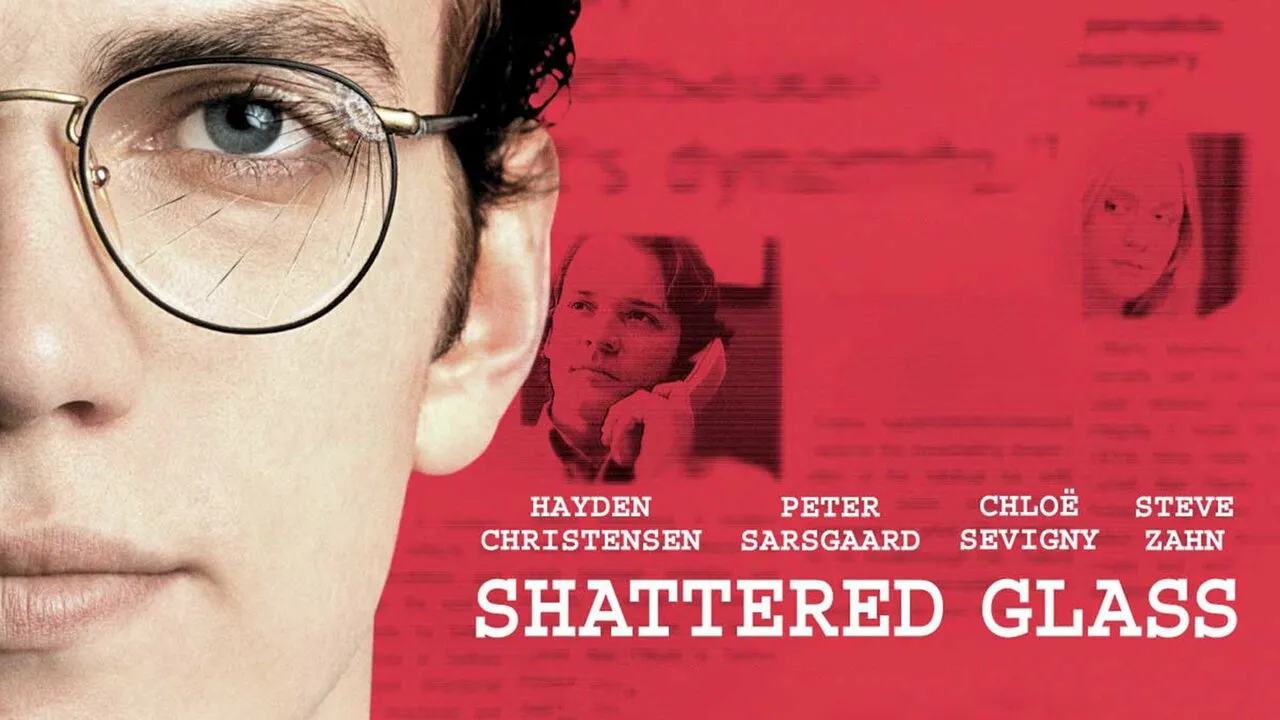When the world becomes your prison, the way back is through hell
The Way Back, directed by Peter Weir, is a gripping survival drama based on true events. Set during World War II, the film follows a group of prisoners who escape a Siberian Gulag and embark on an epic 4,000-mile journey through freezing tundras, scorching deserts, and towering mountains—all in pursuit of freedom.
The story centers on Janusz (Jim Sturgess), a young Polish man wrongfully imprisoned by the Soviets. He escapes with several others, including the mysterious American Mr. Smith (Ed Harris) and the volatile Russian gangster Valka (Colin Farrell). Their path takes them from the icy hell of Siberia, through the Gobi Desert, and eventually toward the mountains of Tibet and India.

Visually, the film is breathtaking. Cinematographer Russell Boyd captures the vast, merciless beauty of nature—the cold, the heat, the isolation. These landscapes become both enemy and companion on the long road to freedom.
What sets The Way Back apart is its emotional depth. The film isn’t just about physical survival—it’s about endurance, loyalty, and the will to live. Each character carries emotional baggage, and their relationships shift as the journey wears on. Some fall, some grow, and all are changed by what they endure.
Peter Weir directs with subtlety, avoiding clichés and focusing on the quiet resilience of the human spirit. There’s no over-the-top heroism, just raw, honest struggle. It’s a film that respects its audience, never telling us what to feel, but letting the story unfold with quiet power.

Though not a commercial blockbuster, The Way Back is a deeply moving film that explores freedom, suffering, and hope in the face of impossible odds. It’s a reminder that even when the path is long and brutal, the human will to survive—and to believe in something better—can still light the way.
-1752573387-q80.webp)
-1748954935-q80.webp)

